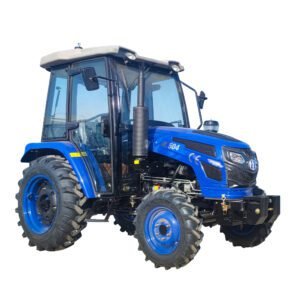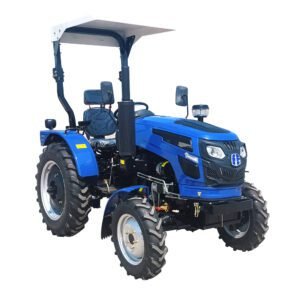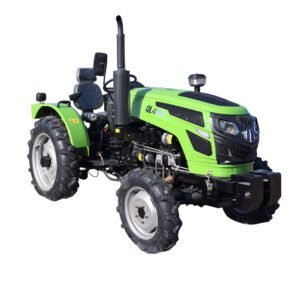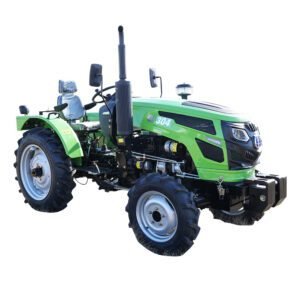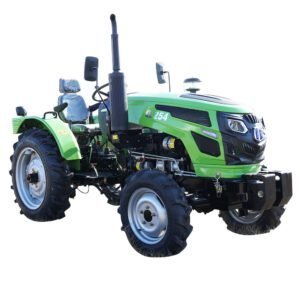Email: [email protected] Whatsapp: 8618266768780
Warum ein kleiner landwirtschaftlicher Traktor für Ihren landwirtschaftlichen Bedarf am besten geeignet ist
Willkommen auf meinem Blog!
Bevor wir uns in die Inhalte vertiefen, würde ich mich freuen, wenn Sie mir auf meinen Social-Media-Plattformen folgen, wo ich weitere Einblicke gebe, mit der Community interagiere und Updates poste. So können Sie mit mir in Kontakt treten:
Facebook: https://www.facebook.com/profile.php?id=100072217509763
LinkedIn: https://www.linkedin.com/company/74949059/admin/dashboard/
YouTube:https://www.youtube.com/@tractormanufacturer-lc5qz
TikTok: https://www.tiktok.com/@tractormanufacturer
Lassen Sie uns nun gemeinsam unsere Reise beginnen. Ich hoffe, Sie finden die Inhalte hier aufschlussreich, spannend und wertvoll.
Einführung
Small agricultural tractors are becoming increasingly popular for farmers who seek versatility, efficiency, and cost-effectiveness. Whether you run a small farm or manage large-scale agricultural operations, choosing the right tractor is essential to maintaining productivity and ensuring optimal farm management. In this blog, we’ll dive deep into the reasons why a small agricultural tractor may be the ideal choice for your farm. From its key features to maintenance tips and frequently asked questions, this comprehensive guide will help you make an informed decision.
The Growing Popularity of Small Agricultural Traktoren
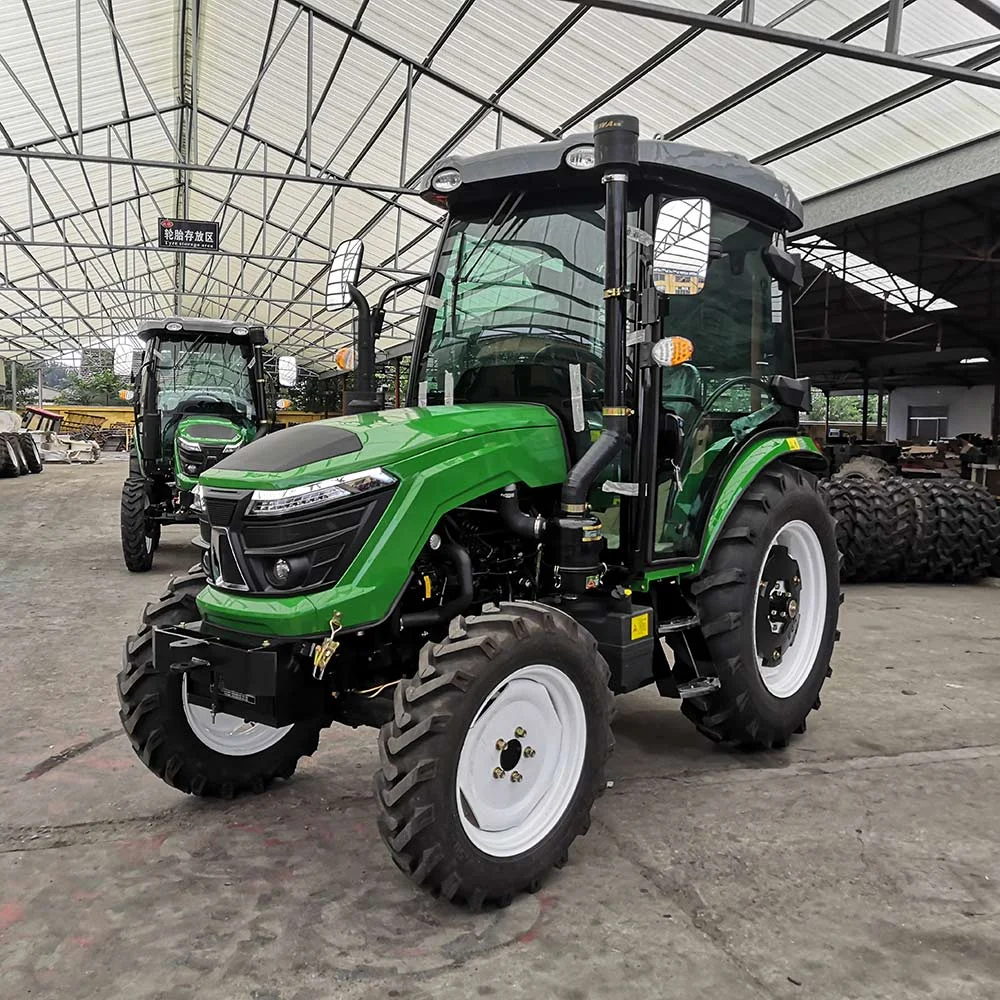
Small agricultural tractors have gained traction in recent years due to their compact size, affordability, and ability to perform multiple tasks. In many cases, they offer a more flexible solution compared to their larger counterparts. Small farms, hobby farms, and even larger farms with specialized needs can benefit from the efficiency that a small agricultural tractor brings to daily operations.
Why Choose a Small Agricultural Tractor for Your Farm?
- Bezahlbarkeit: Small agricultural tractors generally come with a lower price tag than larger models, making them more accessible for farmers on a budget. This makes them ideal for startups or smaller operations that don’t require a full-sized tractor.
- Wendigkeit: One of the key benefits of a small agricultural tractor is its ability to navigate tight spaces. If your farm has narrow pathways or small plots of land, a small tractor will allow you to move efficiently without damaging crops or land.
- Kraftstoffeffizienz: Small agricultural tractors are typically more fuel-efficient than larger models, which translates to long-term cost savings. For smaller-scale farming, this can significantly reduce operational expenses over time.
- Vielseitigkeit: Despite their size, small agricultural tractors are highly versatile. They can be equipped with various attachments such as plows, harrows, seeders, and sprayers. This allows farmers to perform multiple tasks, from tilling soil to planting seeds.
- Geringere Wartungskosten: With fewer parts and simpler designs, small agricultural tractors are easier and less expensive to maintain. This is a key advantage for farmers looking to keep their operating costs low while ensuring the equipment remains functional.
Key Features of a Small Agricultural Tractor
When selecting a small agricultural tractor, it’s important to understand its key features and how they impact your farm operations. Here are some of the most critical aspects to consider:
Motorleistung
Small agricultural tractors typically have engines ranging between 20 to 50 horsepower (HP). While this may seem limited compared to larger models, it’s often sufficient for small farms and specific tasks such as plowing, mowing, and hauling. For light-duty tasks, a tractor with lower horsepower can meet all your needs without unnecessary fuel consumption.
Kompaktes Design
The compact design of a small agricultural tractor allows for enhanced maneuverability in tight spaces. This makes it perfect for small farms with narrow rows or gardens. Despite its size, these tractors often come with four-wheel drive capabilities, enabling them to tackle uneven terrain and rough conditions.
Anbaugeräte und Arbeitsgeräte
One of the most valuable aspects of a small agricultural tractor is its ability to utilize a wide range of attachments. From front loaders to post-hole diggers, these tractors can adapt to various needs, maximizing their utility on the farm.
Table: Comparison of Small Agricultural Tractor Features
Below is a table comparing different small agricultural tractor models and their key specifications:
Below is a comparison table of small agricultural tractor models from various brands, including Qilu, showcasing their key specifications:
| Traktormodell | Marke | Pferdestärken (PS) | Kraftstoffart | Verfügbare Anhänge | Suitable for Farms (Acres) |
|---|---|---|---|---|---|
| QL-254 | Qilu | 25 PS | Diesel | Plow, Seeder, Front Loader | 1-10 Acres |
| 1025R Sub-Compact | John Deere | 23,9 PS | Diesel | Mäher, Lader, Bagger | 1-10 Acres |
| BX2380 | Kubota | 23 HP | Diesel | Front Loader, Mower | 1-8 Acres |
| GC1725M | Massey Ferguson | 24 PS | Diesel | Loader, Backhoe, Mower | 1-12 Acres |
| Boomer 24 | New Holland | 24 PS | Diesel | Harrow, Seeder, Sprayer | 2-12 Acres |
| T254 | TYM | 25 PS | Diesel | Front Loader, Post-Hole Digger | 3-15 Acres |
This table showcases how different models can suit various farm sizes and needs. Choosing the right model depends on your specific requirements and the type of tasks you expect the tractor to perform.
How to Maintain Your Small Agricultural Tractor
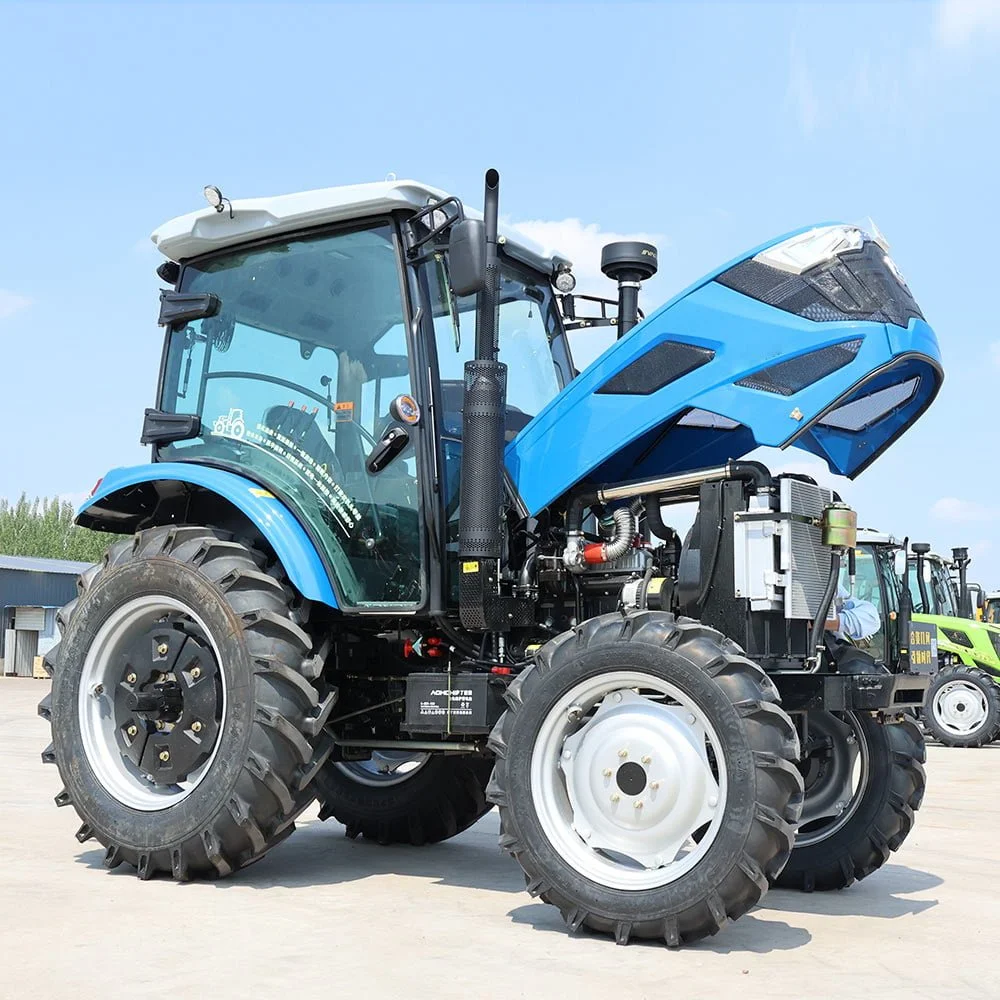
Proper maintenance is key to extending the life of your small agricultural tractor. Regular checks and preventive maintenance can prevent costly repairs and downtime. Here are some maintenance tips to ensure your tractor runs efficiently:
Motorwartung
Make sure to check the engine oil regularly and change it as per the manufacturer’s guidelines. A well-maintained engine will reduce wear and tear, ensuring optimal performance. Cleaning the air filter and fuel system periodically is also essential to prevent blockages.
Tire Inspection
The tires of a small agricultural tractor are critical for both performance and safety. Check tire pressure regularly, especially if you are operating the tractor on uneven terrain. Replace tires if they show signs of excessive wear to avoid accidents.
Hydraulik und Anbaugeräte
If your small agricultural tractor uses hydraulic systems for attachments, be sure to check the hydraulic fluid levels and hoses for leaks. Maintaining the hydraulic system ensures smooth operation of attachments like loaders, plows, and mowers.
Fazit
In conclusion, a small agricultural tractor can be the perfect solution for farmers looking for a cost-effective, versatile, and fuel-efficient machine. Whether you have a small plot or need an extra machine for specialized tasks on a larger farm, these tractors offer great value. By understanding their key features and maintaining them properly, you can ensure that your small agricultural tractor remains an indispensable part of your farming operations for years to come.
FAQ
What is the best horsepower for a small agricultural tractor?
The ideal horsepower for a small agricultural tractor depends on the size of your farm and the tasks you plan to perform. Typically, tractors with 20-50 HP are suitable for small farms and general-purpose tasks such as tilling and mowing.
How often should I service my small agricultural tractor?
It’s recommended to service your tractor at least once a year or after every 200 hours of use, whichever comes first. Regular maintenance such as oil changes, filter checks, and tire inspections will help keep the tractor running efficiently.
Can a small agricultural tractor handle heavy-duty tasks?
While small agricultural tractors are not designed for large-scale heavy-duty tasks, they can handle a variety of lighter jobs with the right attachments. For tasks like plowing, mowing, and hauling light loads, they perform exceptionally well.
Are mini agricultural tractors fuel-efficient?
Yes, mini agricultural tractors are generally more fuel-efficient compared to larger models. Their compact design and smaller engines use less fuel while still delivering sufficient power for smaller farming tasks.
What attachments can be used with a mini agricultural tractor?
Mini agricultural tractors can be equipped with various attachments, including plows, mowers, seeders, harrows, and sprayers. The specific attachments you need will depend on the tasks you plan to perform on your farm.
Über uns
Shandong Qilu Industrial Co., Ltd. ist ein professioneller Hersteller und Exporteur, der die Entwicklung und Produktion von Baggern, Ladern und Traktoren integriert. Wir bieten absolut den besten Service.
kürzliche Posts
Video-Demo
-1.png)
Kontaktiere uns heute!
Haben Sie eine Frage, ein Angebot oder eine Anfrage? Klicken Sie auf die Schaltfläche, um eine Nachricht zu senden.
Qilu Industrial ist immer für Sie da.

